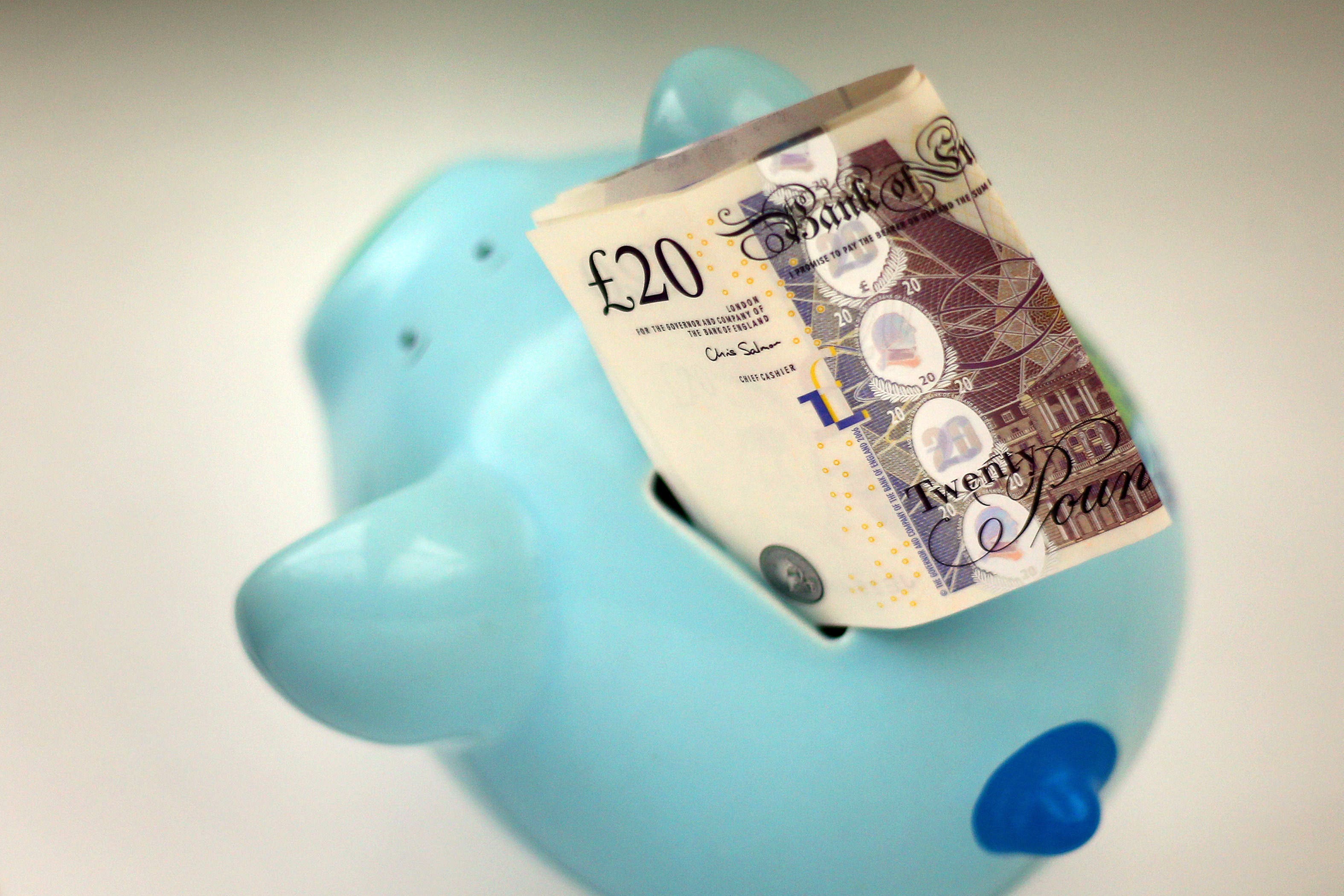Some pensioners ‘may have to set money aside for unexpected tax bills’
Frozen income tax thresholds combined with significant state pension rises may push more pensioners into paying tax, LCP said.

Some pensioners could have to start setting money aside for out-of-the-blue tax bills, a consultancy firm is warning.
Frozen income tax thresholds, alongside bumper state pension rises, may push more pensioners into paying tax.
Consultants LCP (Lane Clark & Peacock) warned that growing numbers of pensioners could be pushed over the tax threshold based purely on a state pension, adding that there is no automatic way of collecting the tax that they owe, because state pensions are paid in full, before the deduction of tax.
In such cases, HM Revenue and Customs (HMRC) could operate a system known as “simple assessment”.
Under “simple assessment”, the Department for Work and Pensions (DWP) would notify HMRC at the end of a tax year how much state pension people have received.
Any pensioner with a pension next year over £242 per week will have tax to pay, and if they do not have a private pension through which the tax can be collected, they may need to set some money aside for an unwelcome tax demand
If this takes someone over the income tax threshold, there would be a tax bill to be paid.
HMRC may write to the pensioner after the end of the tax year telling them that they have not paid the tax due on their state pension and requiring them to make a payment before January 31 the following year, LCP said.
It warned that pensioners could have received – and spent – all of their pension during one financial year only to receive a tax bill on that pension the following year.
For pensioners who have a state pension and a private pension, the state will collect any tax due through the code applied to the private pension.
The income tax threshold has been frozen at £12,570 since 2021/22.
This could mean pensioners receiving over £242 per week would owe some income tax.
LCP said that online statistics from DWP indicate that, as at November 2020, over 2.3 million pensioners had a state pension of £195 per week or more, and taking account of state pension increases since then, these people would now have a pension over the tax threshold next year.
While some of these pensioners will have private pensions that can be used to collect any tax due, others will have large state pensions precisely because they did not make alternative private provision, it said.
LCP estimates that around one in five of these pensioners, or more than 400,000 may have no other source of income from which HMRC can collect the tax owed.
This is the group who are now at risk of getting unexpected tax bills and may need to consider setting aside some of their state pension each month so that they have the funds available to pay a future tax bill, it said.
Sir Steve Webb, a former pensions minister who is now partner at LCP said: “Millions of pensioners have been dragged into the tax net for the first time in recent years, primarily because of the multi-year freeze on tax thresholds.
“Many are now at risk of an unexpected letter from HMRC asking for tax they may not have realised was due. Any pensioner with a pension next year over £242 per week will have tax to pay, and if they do not have a private pension through which the tax can be collected, they may need to set some money aside for an unwelcome tax demand.”
LCP believes many of those who could be hit by unexpected bills could be receiving the old state pension, having reached their state pension age by 2016. Under the older state pension system, some people will be receiving a full basic pension (of £156.20 per week) plus additional pension top-ups, which could push their total state pension into the tax bracket.
The full new state pension is currently £203.85 per week.
By raising personal thresholds over the past decade we have taken three million people out of paying tax altogether
Under the state pensions triple lock, pensioners could receive an inflation-busting state pension increase next year.
The state pension usually rises each April by inflation, wages or 2.5% – whichever is higher.
Office for National Statistics (ONS) figures released on Wednesday showed that Consumer Prices Index (CPI) inflation was at 6.7% last month.
But wages have been rising at a higher rate, with a figure of 8.5% potentially being used to calculate the state pension rise.
Earlier this week, Downing Street refused to guarantee that benefits would rise in line with inflation or that the triple lock for pensions would be based on earnings including bonuses.
The Prime Minister’s official spokesman said previously: “The Secretary of State has to conduct his statutory annual review of benefits and state pensions using the most recent data, including, obviously, today’s figures. So that process will take place.”
A Treasury spokesperson said: “Pensioners whose sole income is the state pension do not pay any income tax, and this year we provided the biggest ever cash increase to pension payments, a 10.1% rise.
“Our tax burden remains lower than any major European economy – and by raising personal thresholds over the past decade we have taken three million people out of paying tax altogether. The best tax cut we can provide right now is to halve inflation, which we’re on track to do this year as long as we stick to our plan.”
Subscribe to Independent Premium to bookmark this article
Want to bookmark your favourite articles and stories to read or reference later? Start your Independent Premium subscription today.
